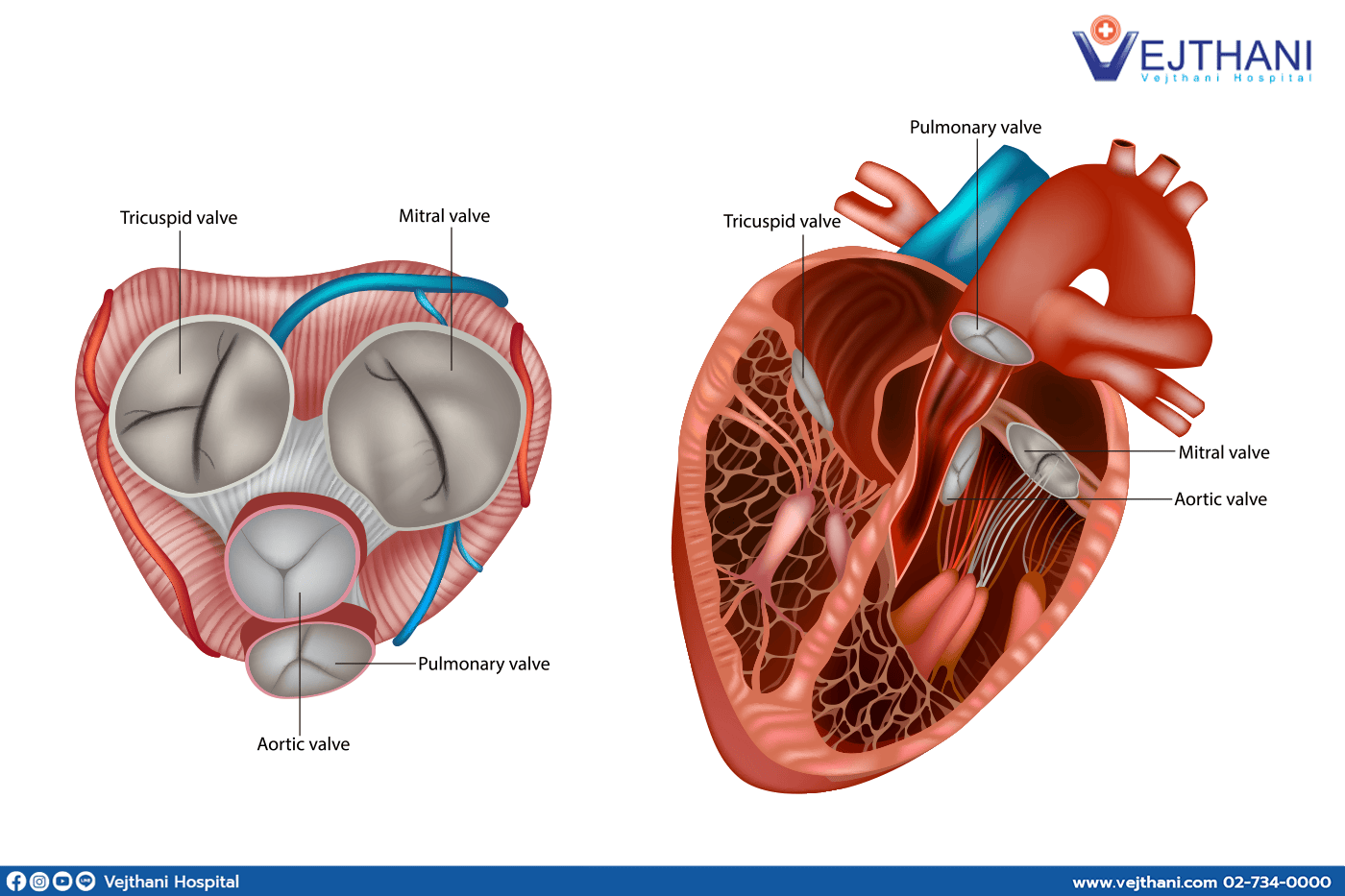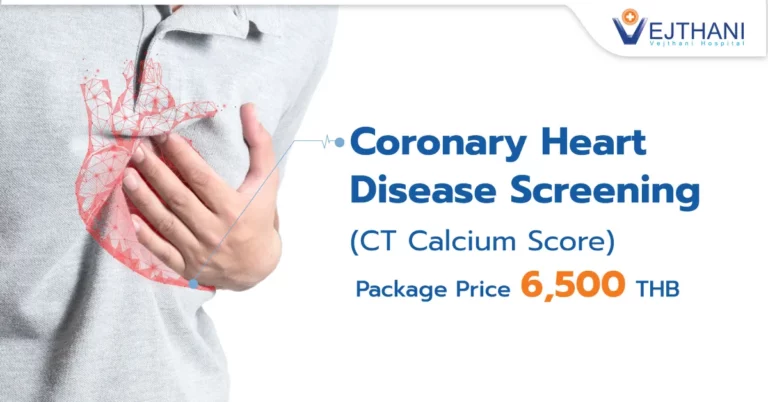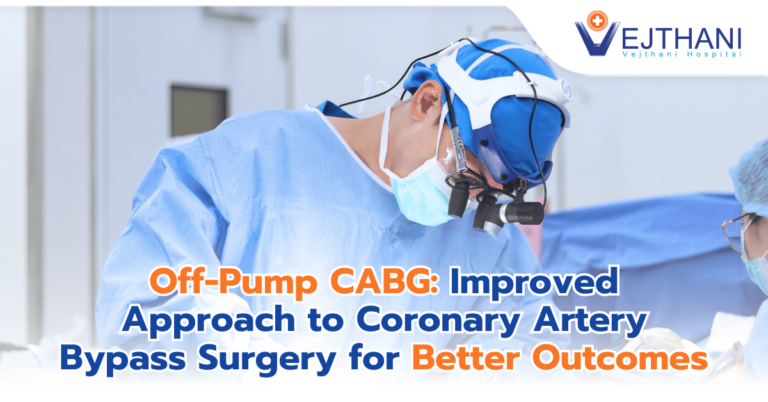As we age, our heart valves may begin to deteriorate, with individuals over the age of fifty being particularly vulnerable to valve-related issues. The good news is that Vejthani, in Bangkok, Thailand, offers advanced heart valve repair surgery, providing life-saving treatment for those in need.
Cause of Heart Valve Deterioration
The causes of heart valve deterioration can vary among individuals. While it often occurs naturally with age, other factors such as bacterial endocarditis, rheumatic fever, and arteriosclerosis can also contribute. In some cases, heart valve problems are caused by congenital abnormalities.
There are three main ways heart valves can become damaged. Valve regurgitation occurs when one or more of the heart valves fail to close properly, allowing blood to flow backward. Stenosis refers to the narrowing of the valves, a condition commonly seen in patients with rheumatic heart disease. Lastly, heart valves can develop an infection, known as endocarditis. While infections may respond to medications, severe cases may require surgery to repair or replace the affected valve.
Heart Valve Repair Procedure
The four valves are known as the Mitral valve, Aortic valve, Tricuspid valve, and Pulmonary valve. The decision on how to repair or replace these valves depends on the extent of the damage.
A mitral valve repair procedure is a surgical intervention aimed at repairing the valve located between the left atrium and left ventricle, which ensures blood flows in one direction, from the atrium to the ventricle. The goal of the repair is to restore proper valve function, either by fixing the valve itself or addressing the supporting structures around it. Mitral valve repair is a complex surgery that requires skilled cardiothoracic surgeons to provide expert care and support throughout the process.
Most heart valve repair procedures in Bangkok, Thailand, are performed through median sternotomy; however, the choice of minimally invasive incision depends on the valve pathology, the patient’s condition, and the surgeon’s preference.
During the procedure, a ring may be used to surround and support the valve or if the doctor evaluates that the valve needs to be changed, the entire valve can be removed and replaced with an artificial valve made of synthetic materials or tissue from animal or human donors.
Recovering from Heart Valve Repair Surgery
Your recovery time after a heart valve repair procedure will heavily depend on your physical condition before the surgery. Older patients or those who are overweight may experience a longer recovery period before they begin to feel better again.
Hospital stay could be up to a week after the surgery. This includes 1-3 days in the Intensive Care Unit. Your doctor may prescribe an exercise program or recommend a cardiac rehabilitation program
Patients who were employed before the surgery can typically return to desk jobs within four to six weeks after the procedure. Patients with physically demanding jobs may need additional time to heal before returning to work.
Patients who have had a valve repaired or replaced are required to take blood-thinning medication for a specific period depending on the type of surgery and valve. They need to inform their dentists or doctors about their past surgery when they have other surgery or dental procedures performed. The doctor may prescribe an antibiotic to be taken before they perform any procedure. This is to prevent bacteria from entering the bloodstream and potentially reaching the repaired or replaced valve, which could lead to infection.
If you have any questions about heart valve repair or replacement surgery, contact Vejthani Hospital to schedule a consultation with one of our cardiac experts. Let us ease your concerns about heart valve surgery in Thailand and provide you with a personalized care plan that meets your needs.
- Readers Rating
- Rated 5 stars
5 / 5 ( Reviewers) - Spectacular
- Your Rating
































